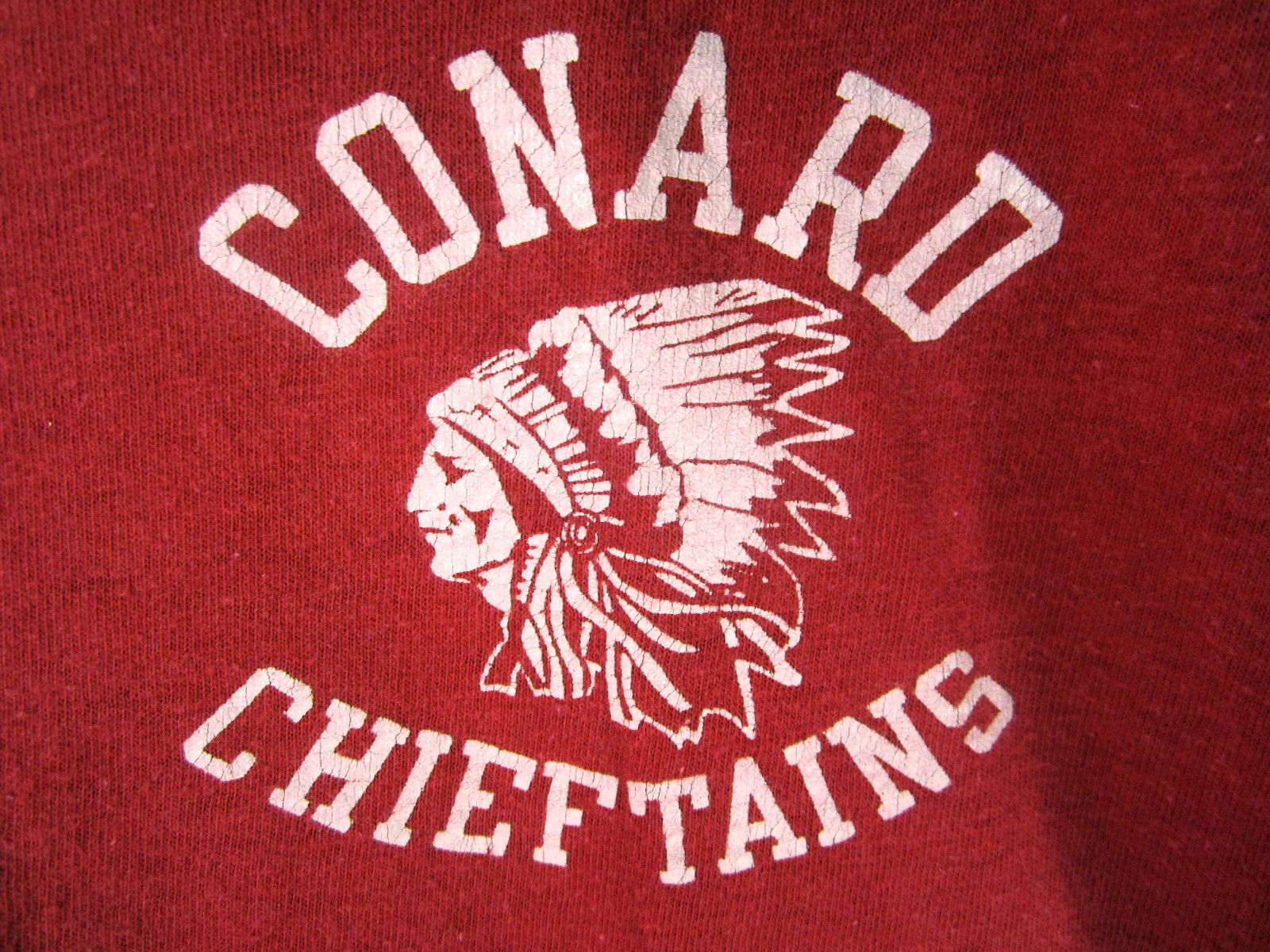
- Details
- By Jenna Kunze
Connecticut Gov. Ned Lamont last Wednesday signed a bill into law that, beginning next year, will strip 12 local communities of state funding if they keep names or images appropriating Native American culture.
The new law, part of an 837-page implementor budget, was introduced by Sen. Cathy Osten, D-Sprague, whose district includes the states’ two federally recognized tribes, the Mashantucket Pequot and Mohegan Tribal Nations. Osten said she forwarded the legislation in response to requests from all five tribal governments—the remaining are state-recognized—in Connecticut.
Want more Native News? Get the free daily newsletter today.
“While some people say ‘we’re just trying to honor the Native American community, you can't honor somebody if they don't think you're honoring them,” Sen. Osten told Native News Online.
The money at stake comes from two of the state’s highest grossing casinos, owned by the Mashantucket Pequot and Mohegan Tribal Nations. The Mohegan Sun and Foxwoods Resort Casinos contribute $300 annually to state coffers, of which $52 million is distributed to communities around the state.
Collectively, the 12 communities appropriating Native culture receive a $3 million chunk of funding from the tribes. Under the current legislation, that money will be withheld beginning June 30, 2022 if the communities do not change their names or imaging.
“If you are going to keep the mascots, you shouldn't be able to receive money from what is essentially two of our largest minority-owned businesses... both of them Native American,” Osten said.
Those Connecticut towns include: West Hartford, whose Conard High School changed its Native American mascot in 2015 after debate, but decided to keep the mascot’s name ‘Conard Chieftain;’ Killingly—a community who typically received the largest dollar amount from the tribal fund, totalling $94,000 this fiscal year—whose Derby High School last year reinstated its “Redmen” mascot; Torrington, whose public highschool branding is represented by “Red Raiders”; Wilton, a town that received no dollars form the tribal fund, uses a “Warriors” nickname for school athletics; and Montville, whose school mascot is the “Indians,” despite the Mohegan Tribe in January 2020 publically decrying the name in January 2020.
Alternative to scrubbing their names and mascots, Osten said the 12 communities could retain tribal funding from the state if they obtain permission from their local tribe, but they would have to provide written proof from a tribal nation signing off on their namesake.
“They would have to have a resolution from their tribal council,” Osten said. “It can't be just one person saying, ‘this is okay. They’ve got to be more formal about it.”
In addition to the mascot legislation, Osten introduced a number of other budget items pertaining to Native Americans, including legislation that will strengthen Native American curriculum, remove a statue honoring a colonizer responsible for the Pequot Massacre, increase the Mashantucket Pequot and Mohegan Tribal Nations’ access to increased revenue in gaming, and exempted records subject to Native American Graves Protection and Repatriation Act from the Freedom of Information Act.
More Stories Like This
Native News Weekly (August 25, 2024): D.C. BriefsUS Presidents in Their Own Words Concerning American Indians
Native News Weekly (August 4, 2024): D.C. Briefs
11th Annual Native American Youth in Agriculture Leadership Summit
Chickasaw Man Named Coach of the Year by the National Federation of State High School Associations
Help us tell the stories that could save Native languages and food traditions
At a critical moment for Indian Country, Native News Online is embarking on our most ambitious reporting project yet: "Cultivating Culture," a three-year investigation into two forces shaping Native community survival—food sovereignty and language revitalization.
The devastating impact of COVID-19 accelerated the loss of Native elders and with them, irreplaceable cultural knowledge. Yet across tribal communities, innovative leaders are fighting back, reclaiming traditional food systems and breathing new life into Native languages. These aren't just cultural preservation efforts—they're powerful pathways to community health, healing, and resilience.
Our dedicated reporting team will spend three years documenting these stories through on-the-ground reporting in 18 tribal communities, producing over 200 in-depth stories, 18 podcast episodes, and multimedia content that amplifies Indigenous voices. We'll show policymakers, funders, and allies how cultural restoration directly impacts physical and mental wellness while celebrating successful models of sovereignty and self-determination.
This isn't corporate media parachuting into Indian Country for a quick story. This is sustained, relationship-based journalism by Native reporters who understand these communities. It's "Warrior Journalism"—fearless reporting that serves the 5.5 million readers who depend on us for news that mainstream media often ignores.
We need your help right now. While we've secured partial funding, we're still $450,000 short of our three-year budget. Our immediate goal is $25,000 this month to keep this critical work moving forward—funding reporter salaries, travel to remote communities, photography, and the deep reporting these stories deserve.
Every dollar directly supports Indigenous journalists telling Indigenous stories. Whether it's $5 or $50, your contribution ensures these vital narratives of resilience, innovation, and hope don't disappear into silence.
 The stakes couldn't be higher. Native languages are being lost at an alarming rate. Food insecurity plagues many tribal communities. But solutions are emerging, and these stories need to be told.
The stakes couldn't be higher. Native languages are being lost at an alarming rate. Food insecurity plagues many tribal communities. But solutions are emerging, and these stories need to be told.
Support independent Native journalism. Fund the stories that matter.
Levi Rickert (Potawatomi), Editor & Publisher

